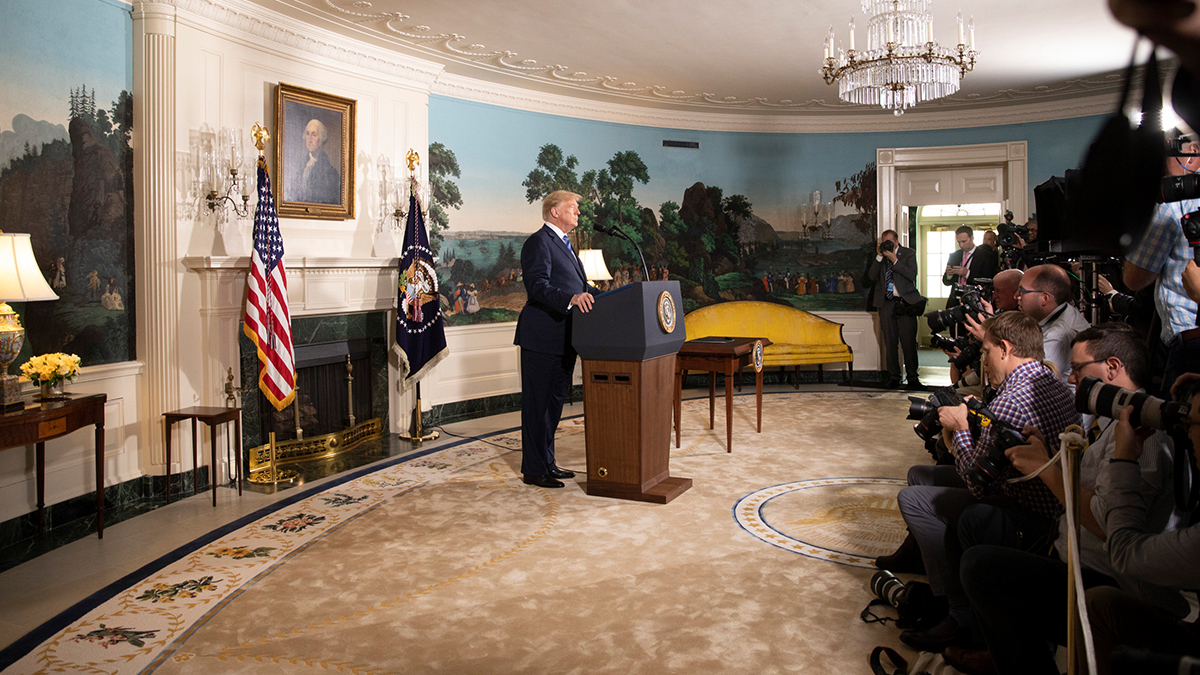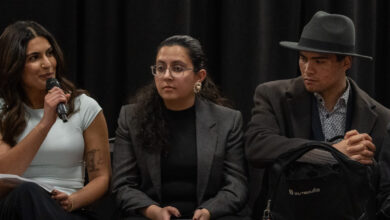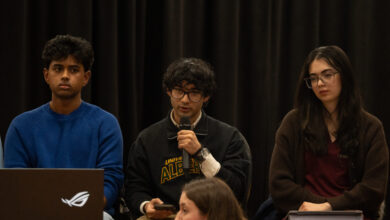US withdrawal from Iran nuclear deal has a silver lining
 Supplied
SuppliedOn July 15, 2015, the Obama administration, along with the other UN Security Council nations and Iran, signed the “Joint Comprehensive Plan of Action” (JCPOA), informally known as the Iran Nuclear Deal. The deal required Iran to drastically decrease their nuclear capabilities in exchange for the lifting of UN-imposed economic sanctions that had crippled their economy. The JCPOA was the ultimate product of international fear that Iran would complete their goal of developing a nuclear weapon.
However, on May 8, less than three years after the JCPOA was officially signed, US president Donald Trump formally withdrew the United States from the deal. Trump, along with the rest of the Republican Party, had long criticized the Iran Deal for being “too weak,” stating that despite preventing Iran from developing a nuclear weapon, the partially lifted economic sanctions in the deal gave Iran more funds to develop its ballistic missile programs and continue its economic sponsorship of terrorist groups such as Hezbollah and Hamas. Two days later, several prominent former politicians such as Stephen Harper paid for a full-page ad in the New York Times to show their support for the US withdrawal.
It’s easy to immediately point fingers at the Trump administration and make claims of isolationism and poor diplomacy. With its support from other right-wing politicians, the withdrawal seems more like a partisan rally than a calculated foreign policy decision. Despite this, I find myself agreeing with the US decision to withdraw. Iran has admittedly complied with its nuclear downgrade; the International Atomic Energy Agency, the UN’s nuclear regulation agency, had reported that Iran has held its end of the deal.
But nuclear weapons are only part of the reason Iran remains a threat to global peace and security. Despite reaching a formal agreement with the UN Security Council, Iran is still a state sponsor of terrorism. The lifted sanctions of the Iran deal only give Iran more money, which by association, gives more money to terrorist groups.
The withdrawal from the Iran deal has both strained American-Iranian relations, but there is still an upshot to what seems to be a political mess. The US withdrawal will force other world powers and Iran to seriously consider renegotiating the deal before the “sunset clause” has come to pass. As long as the other UN Security Council nations remain in the deal, Iran will have to abide by its nuclear restrictions. No nuclear weapons, less money for terrorism, and increased incentive to renegotiate? Seems like a win-win.
But of course, it’s not that easy. I’m not jumping for joy that the US withdrew from the Iran Deal, and I don’t think anyone should be. A political move like this is bold, even bully-like. It seems to be a step away from global peace and stability rather than a step towards it. But sometimes you need to take a few steps back before you can make forward progress.
The US withdrawal may prove to be a terrible decision, but for the moment, I’m going to remain optimistic.




